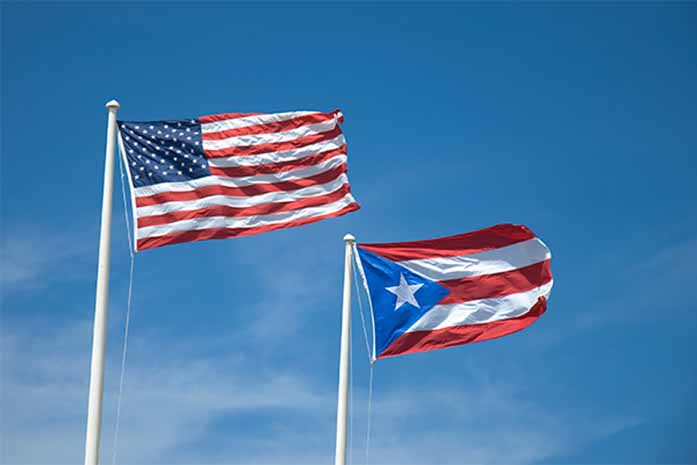The power outage in Puerto Rico was, for the most part, resolved this past weekend. However, this does not mean that the effects from the outage will not be felt for quite some time into the future. The outage affected about 1.5 million people and left around 250,000 people without water for a solid three days.
Although it is often forgotten, Puerto Rico is a U.S. territory. This, then, gives rise to many troubling questions. If a large chunk of Iowa was without power for three days in a row, surely the government on some level would intervene, right? In fact, surely a large chunk of Iowa wouldn’t even be allowed to go without power for that long. Why, then, wasn’t this situation in Puerto Rico handled in the same way?
The power outage began Sept. 21 after a fire at a power plant that caused the utility grid to fail. Apparently, local power outages are common in Puerto Rico because it has an outdated energy infrastructure. In fact, on May 25, the House Natural Resources Committee passed H.R. 5278, the Puerto Rico Oversight, Management, and Economic Stability Act, also known as PROMESA, which conveniently also means “promise” in Spanish.
PROMESA’s purpose is to deal with Puerto Rico’s monumental debt issue. Its main ways of doing this involve allowing a U.S. board to have control over Puerto Rico’s budget, laws, financial plans, and regulations, allowing this same U.S. board to force the Puerto Rican government to balance its budget, and perhaps most alarmingly, allowing the federal minimum wage to be lowered to $4.24 per hour for those 24 and under. This seems like a complete overstepping of boundaries, along with handling a crisis in a way that punishes those probably most unfairly affected by the debt in the first place. And last, the United States can’t even figure out how to deal with its own debt (despite Donald Trump’s claims); how do we have the authority to figure out Puerto Rico’s?



